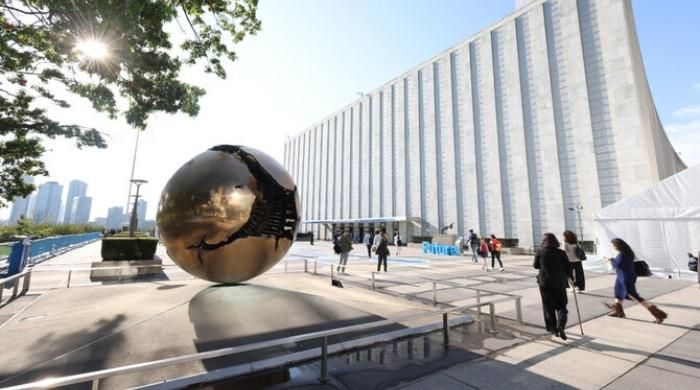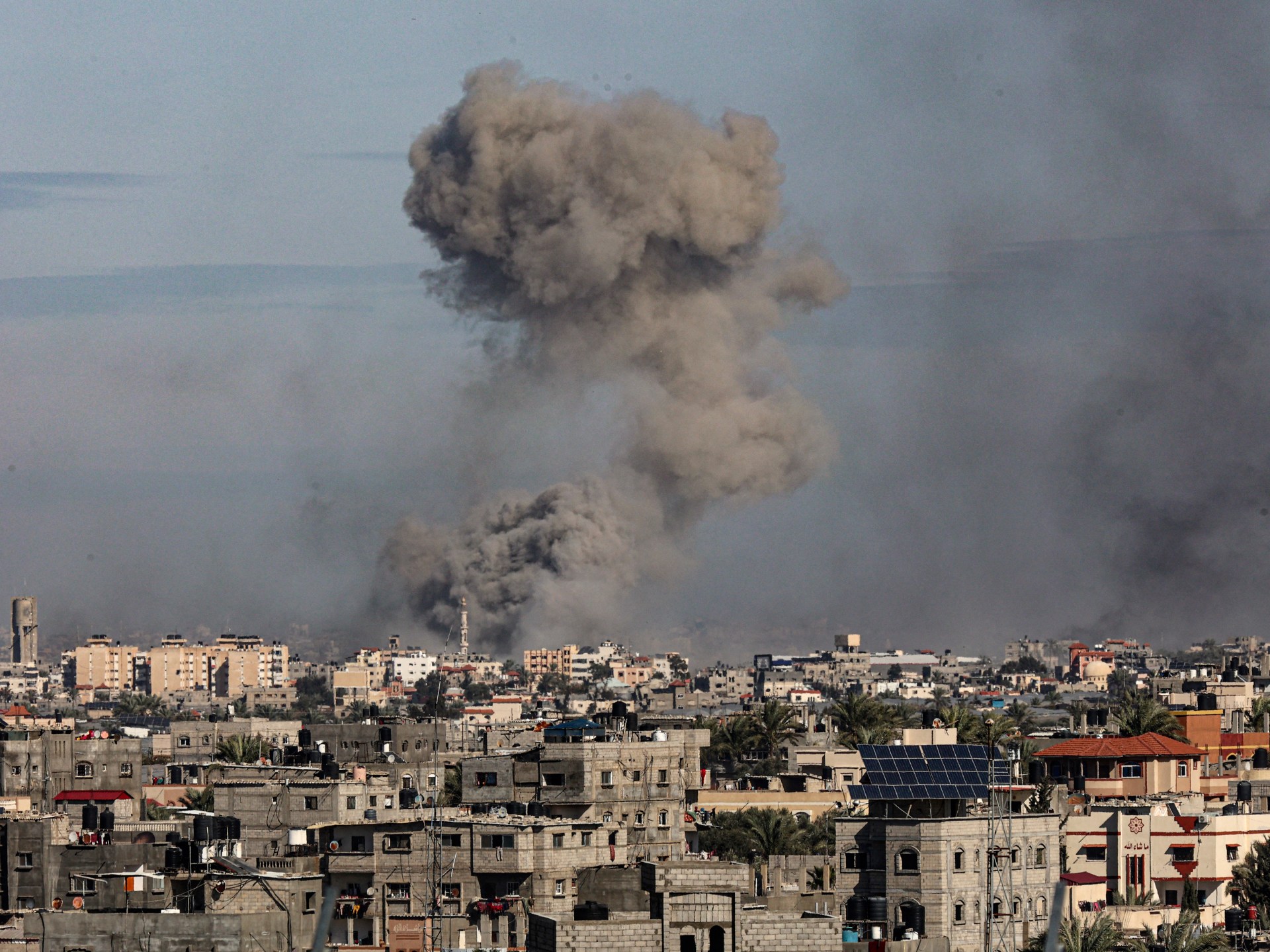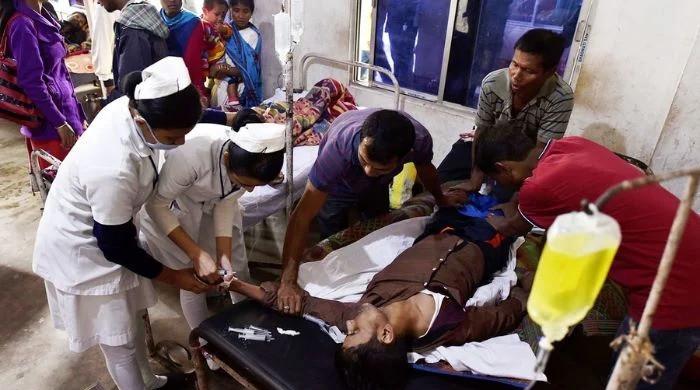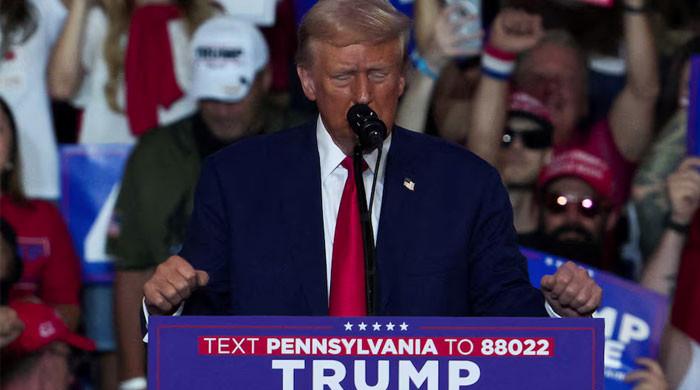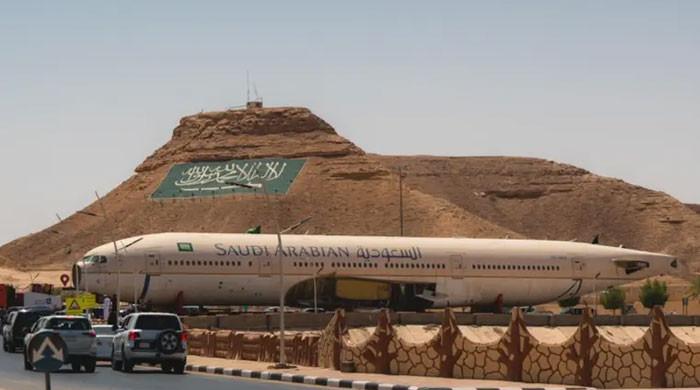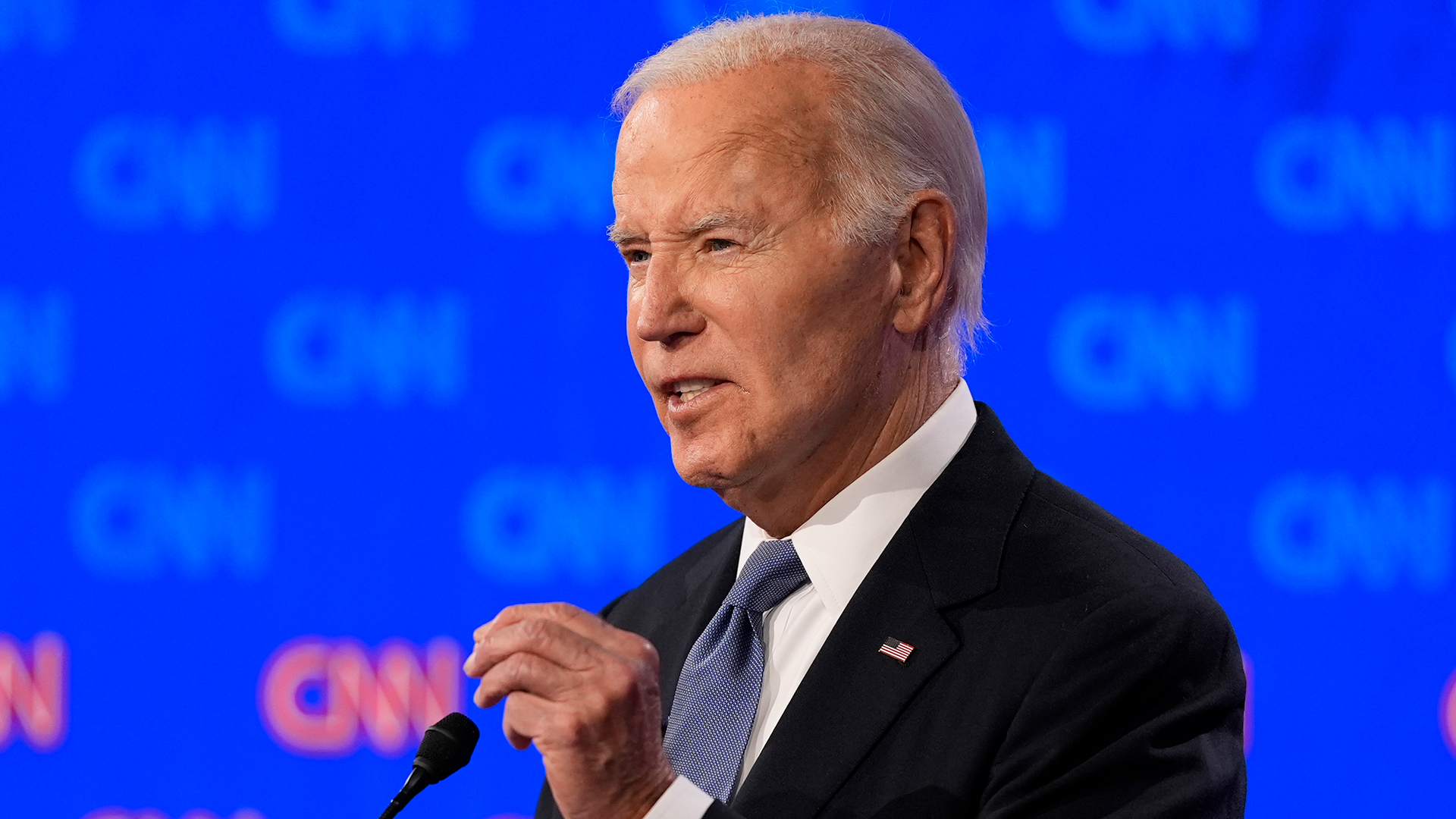World leaders will gather in New York on Sunday for a “Future Summit” aimed at tackling 21st-century challenges from conflict to climate, amid skepticism over whether the final pact will meet its lofty goals.
UN Secretary-General Antonio Guterres first proposed the meeting in 2021, calling it a “once-in-a-generation opportunity” to reshape human history by rekindling international cooperation.
As the opening act of the UN General Assembly's annual high-level week, which begins on Tuesday, dozens of heads of state and government are expected to adopt a “Compact for the Future” on Sunday.
But after intense last-minute negotiations, Guterres expressed some frustration, urging nations to show “vision” and “courage” and calling for “maximum ambition” to strengthen international institutions struggling to respond effectively to current threats.
In the latest version of the text to be submitted for adoption, leaders pledge to strengthen the multilateral system to “keep pace with a changing world” and “protect the needs and interests of current and future generations” in the face of a “persistent crisis.”
“We believe there is a path to a brighter future for all humanity,” the document says.
The nearly 30-page pact outlines 56 “actions,” including commitments to multilateralism, upholding the U.N. Charter and maintaining peace.
It also calls for reforms to international financial institutions and the United Nations Security Council, along with renewed efforts to combat climate change, promote disarmament and guide the development of artificial intelligence.
From words to action
While there are some “good ideas,” the text “is not the kind of revolutionary document that reforms the whole of multilateralism as Antonio Guterres had originally called for,” said Richard Gowan of the International Crisis Group.
The sentiment is widely shared among diplomats, many of whom express frustration when discussing the ambition and impact of the text, describing it as “tepid”, “the lowest common denominator” and “disappointing”.
“Ideally, there would be new ideas, fresh ideas, like version 2.0 and something else. But when you have 200 countries that have to agree, you end up with a Christmas tree of everything,” said one diplomat.
Following intensive negotiations in recent days, Russia still has objections to the final version of the text published on Saturday, a diplomatic source said. Although the pact is expected to be adopted, its approval is not guaranteed.
The fight against global warming was one of the sticking points in the negotiations, and references to the “transition” away from fossil fuels disappeared from the draft text weeks ago, before being reinserted.
Despite the criticism, it remains “an opportunity to affirm our collective commitment to multilateralism, even in the current difficult geopolitical context,” said one Western diplomat, stressing the need to rebuild trust between the global North and South.
Developing countries have been particularly vocal in calling for concrete commitments on the reform of international financial institutions, with the aim of ensuring easier access to preferential financing, especially in light of the impacts of climate change.
The text does indeed include “important commitments on economic justice and reform of the international financial architecture,” Human Rights Watch (HRW) commented, also praising “the centrality of human rights.”
However, world leaders “have yet to demonstrate that they are willing to act to defend human rights,” said Louis Charbonneau, HRW's UN director.
Regardless of its content, the pact and its annexes (a Global Digital Compact and a Declaration on Future Generations) are non-binding, raising concerns about its implementation, especially since some principles (such as the protection of civilians in conflict) are violated on a daily basis.
“Our next task is to bring them to life, to turn words into actions,” Guterres urged on Saturday.

